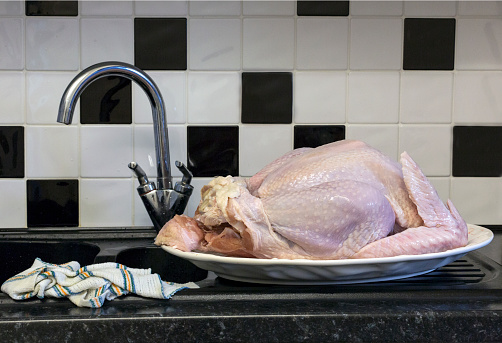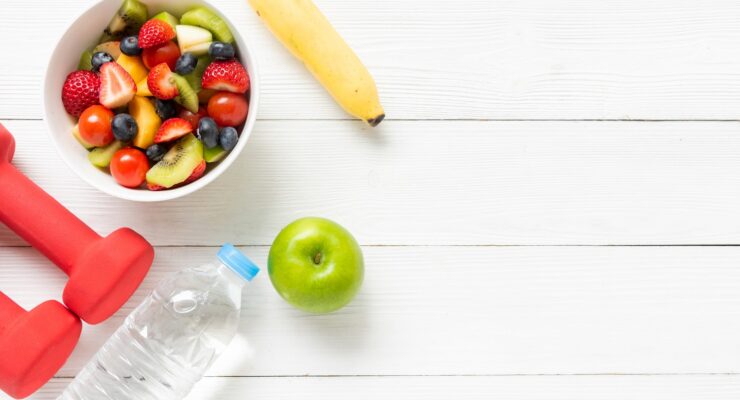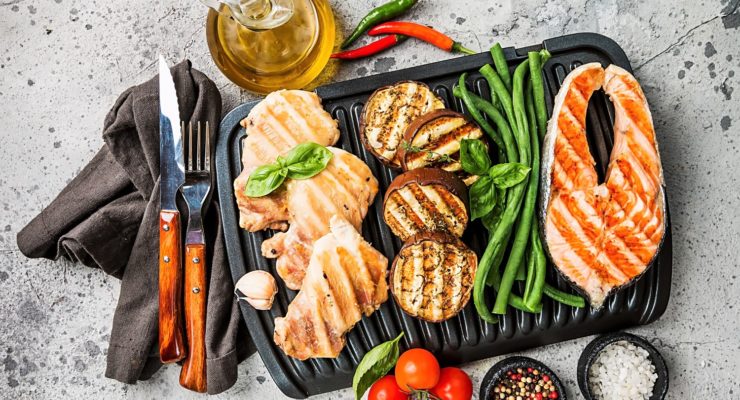
Dirt and bacteria are inevitable byproducts that come with growing and producing food, especially on a large scale. So, it is a good practice to wash certain foods for smart food safety in the kitchen. Other foods should never be washed, because doing so can actually spread harmful bacteria around your kitchen. Here’s a breakdown of what foods to rinse and which ones should skip the sink:
Know What to Wash
If it’s a fruit or vegetable, you should give it a rinse in cool tapwater just before consuming, whether it is organically or conventionally grown. Ditch the soap (to avoid chemical contamination, and be sure to dry the produce with a clean cloth or paper towel. Many people believe that this only applies to produce with edible skins, but it is also recommended to wash inedible skins of produce like bananas, avocados, grapefruit and lemons. When slicing the fruits, dirt and bacteria can still be transferred to the edible portions from the peel. Also, wipe down or rinse the lids of things like soda and soup cans, so dust particles or bacteria do not fall into your food.
Raw No-No’s
Don’t wash raw chicken, fish or meat. According to the Academy of Nutrition and Dietetics, “Rinsing raw chicken can spread harmful bacteria such a Salmonella or Campylobacter around the kitchen, which can potentially make you sick. The only way to kill those pathogens is to cook chicken to an internal temperature of 165°F.” The health organization points to a study that reports 47 percent of people wash raw chicken, so this is unfortunately a common food safety error many of us are making in our own kitchens. Also, be sure to never wash eggs, as the water can remove the coating applied during processing that keeps bacteria from entering through the shell.










